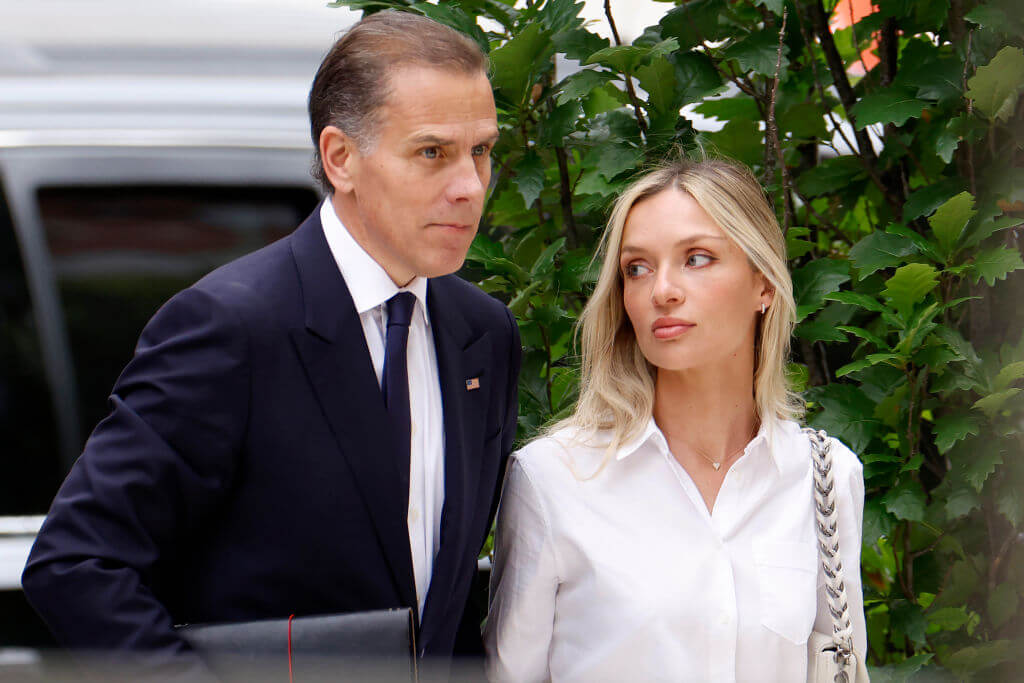Yiddish Writers Murdered By Stalin Honored

Tom Bird Image by Karen Leon
The August 12, 1952 murder of Soviet Yiddish writers was commemorated at this year’s August 12 memorial held at the Center for Jewish History.
Sponsored by The Congress of Jewish Culture under the baton of Shane Baker, it opened with a musical fanfare by acclaimed soprano Sofie Van Lier (Sovali) accompanied on the piano by Dimitri Dover.
Event chair Queens College Professor Thomas Bird — who though Welsh and fluent in several Slavic languages, launched the evening with geshmakn (delicious) Yiddish. In fervent mameloshn he set the stage “far dem ondenk far Yiddishe shraiber umgebrakht dem 12 Oygust 1952 in Moskver Lubianka” (in memory of the Yiddish writers executed on August 12 in Moscow’s [infamous] Lubianka prison).

Tom Bird Image by Karen Leon
Recapping the 1952 events Bird informed: “Using confessions extracted by beatings and torture, the judge announced their sentence determined by the Politburo of the Central Committee of the [Communist] Party that led to the prominent Jewish writers, poets and cultural leaders being shot in the basement of the KGB prison in Moscow…. These included distinguished figures in Yiddish letters …poets Itzik Fefer, Dovid Hofshteyn, Ley Kvitko, Peretz Markish and novelist Dovid Bergelson.
Bird disclosed that in 1943, six months after Hitler’s attack on the Soviet Union, “a committee of two — Shloyme Mikhoels and Itzik Fefer — came to the U.S. seeking moral and financial aid. They met with Albert Einstein, Charlie Chaplin, Yehudi Menuhin and other political and cultural leaders…participated in an anti-Nazi rally at Yankee Stadium… with their speeches widely covered by the Western press. Stalin interpreted their remarks in America as evidence that they were plotting [and] represented the Soviet Jewish community. On their return, they were accused of the crime of claiming for the Jewish people the right to be regarded as a nationality with a distinct cultural identity.” Bird underscored: “They were among the last dozens of important 20th century Jewish literati and activists who were eliminated by the Soviet state beginning in the 1930’s.”
“…Mikhoels,” informed Bird “was a renowned Shakespearean actor who was murdered in January 1948 in an ‘arranged’ hit and run accident. In November 1948 the ‘Einikeit’ paper was shut down. In 1949 the Yiddish Theater of Moscow was liquidated… all of these deaths and executions and repressions led up to the August 12, 1952 [executions]…. It was a clear, final statement of anti-Semitism that poisoned the life of Jews in the USSR and the Eastern Block countries…for decades to come… If, as Stalin decreed, it was a crime to value one’s Jewish heritage, a crime to treasure the language of the folk, a crime to care deeply about the continuity of Jewish identity and survival, then…. they were proudly guilty…Theirs was the voice of an ageless Yiddishkeit. Its memory deserves honor…”
Among the works performed by Sovali were selections from Shostakovich’s “From Jewish Folk Song “ and works by Mieczyslaw Weinberg’s (1919 Warsaw-1996 Moscow). Coincidentally, Weinberg’s opera “The Passenger” received its New York premiere at the Lincoln Center Festival and Park Avenue Armory co-presented at the Armory.
A message from our CEO & publisher Rachel Fishman Feddersen

I hope you appreciated this article. Before you go, I’d like to ask you to please support the Forward’s award-winning, nonprofit journalism during this critical time.
At a time when other newsrooms are closing or cutting back, the Forward has removed its paywall and invested additional resources to report on the ground from Israel and around the U.S. on the impact of the war, rising antisemitism and polarized discourse.
Readers like you make it all possible. Support our work by becoming a Forward Member and connect with our journalism and your community.
— Rachel Fishman Feddersen, Publisher and CEO























